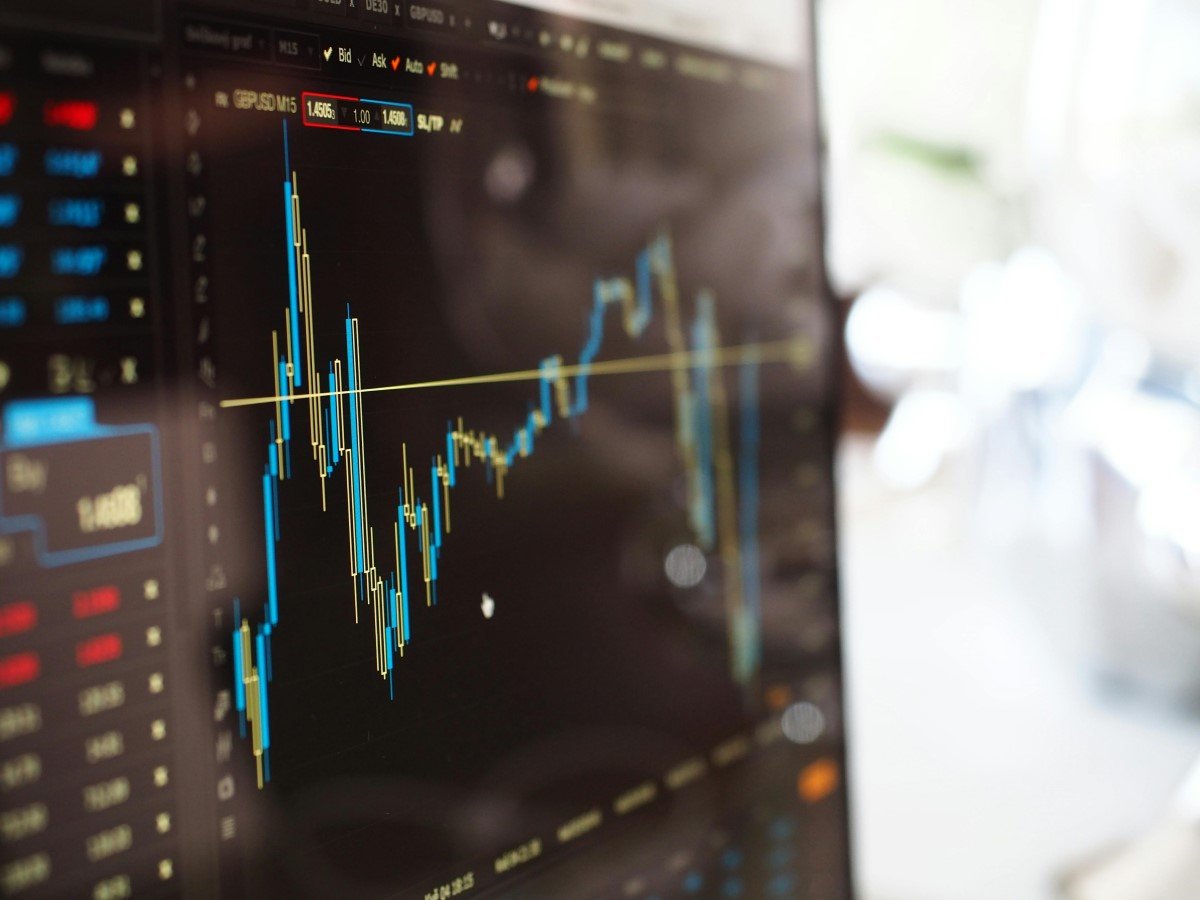The global economic scenario painted a gloomy picture recently as Asian markets encountered a significant dip, instigating investors to reconsider their strategies. This market slump, prominent across Japan, Hong Kong, and Australia, was primarily a repercussion of the heightened recession fears in the United States and globally.
The Japanese market, represented by the Nikkei 225 index, saw a contraction of 2.1%, a development that couldn’t be totally disconnected from the worries surrounding the health of the global economy. Market analysts have perceived this dip as an outcome of potentially stagnant growth, coupled with threats of a possible recession.
Yet another significant financial hub, Hong Kong, exhibited a similar pattern. The Hang Seng Index, reflective of Hong Kong’s general market performance, experienced a drop of about 1.6 percent, demonstrating the uncertain vibe persisting throughout the Asian market.
Not too far behind in this market downfall, Australia’s ASX 200 also registered a decline of 2.85%, attributed to the poor performance of practically all of its sectors. The banking sector was affected the most with a heartrending drop of 3.03%.
Parallel to these market tremors in Asia, the Dow Jones Industrial Average in the United States had slumped by 800 points, fueling the dread of an impending recession. The bond market sent a dread-inducing signal when the yield on the 10-year Treasury Note broke below the 2-year rate. Historically, this ‘yield curve inversion’ has often presaged an economic downturn, which explains the heightened anxiety amongst national and international investors.
The sudden escalation of the ongoing US-China trade war has added a fresh dimension to this financial insecurity. The fallout from the trade dispute has rippled across the global economy, influencing stock markets and stunting growth. As both countries continue to exchange tariff blows, market pundits are left to decry the impact on businesses and consumers.
Despite the central banks around the globe hinting at potential rate cuts to foster economic growth, the persisting economic uncertainties have successfully overshadowed these measures. Even the monetary policy easing by New Zealand, Indian and Thai central banks has not been able to quell the market’s worries about a global slowdown.
Across the globe, investors have been seeking shelter in traditional safe haven assets. Gold, in particular, has seen a surge in demand, with prices reaching their highest in six years. The Japanese yen, a known refuge in times of market uncertainty, has also appreciated against the dollar.
In conclusion, this phase of economic unrest has been noted as a combination of several factors – imminent recession fears in the US, the US-China trade war, and signs of stagnancy in global growth. Asian stock markets, tweaked by these factors, have taken a plunge, leading to a sober environment among investors and hinting towards a potential global slowdown.






























